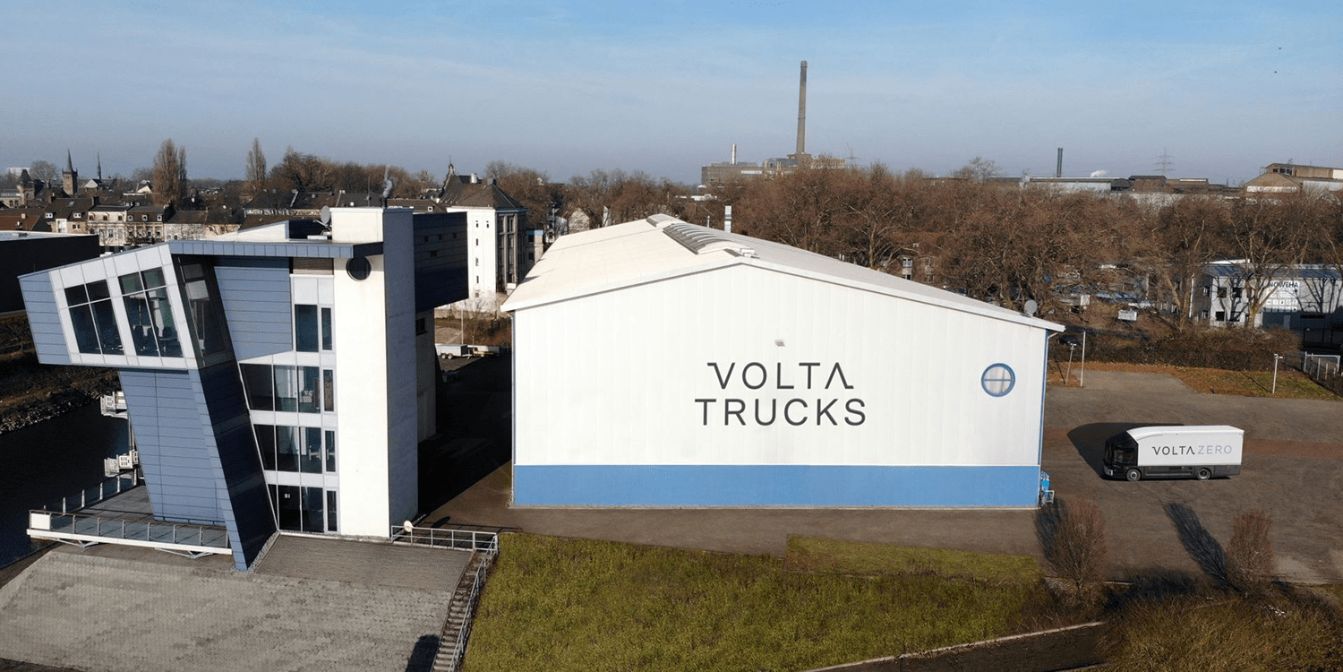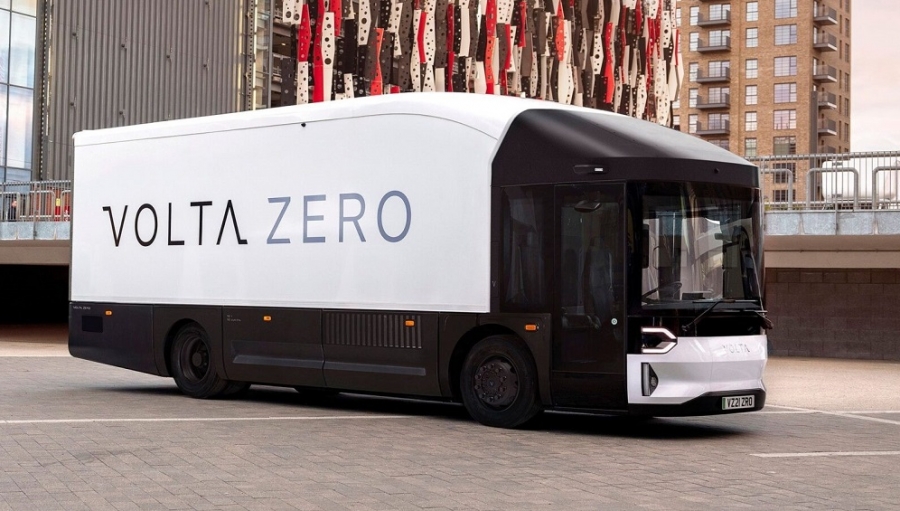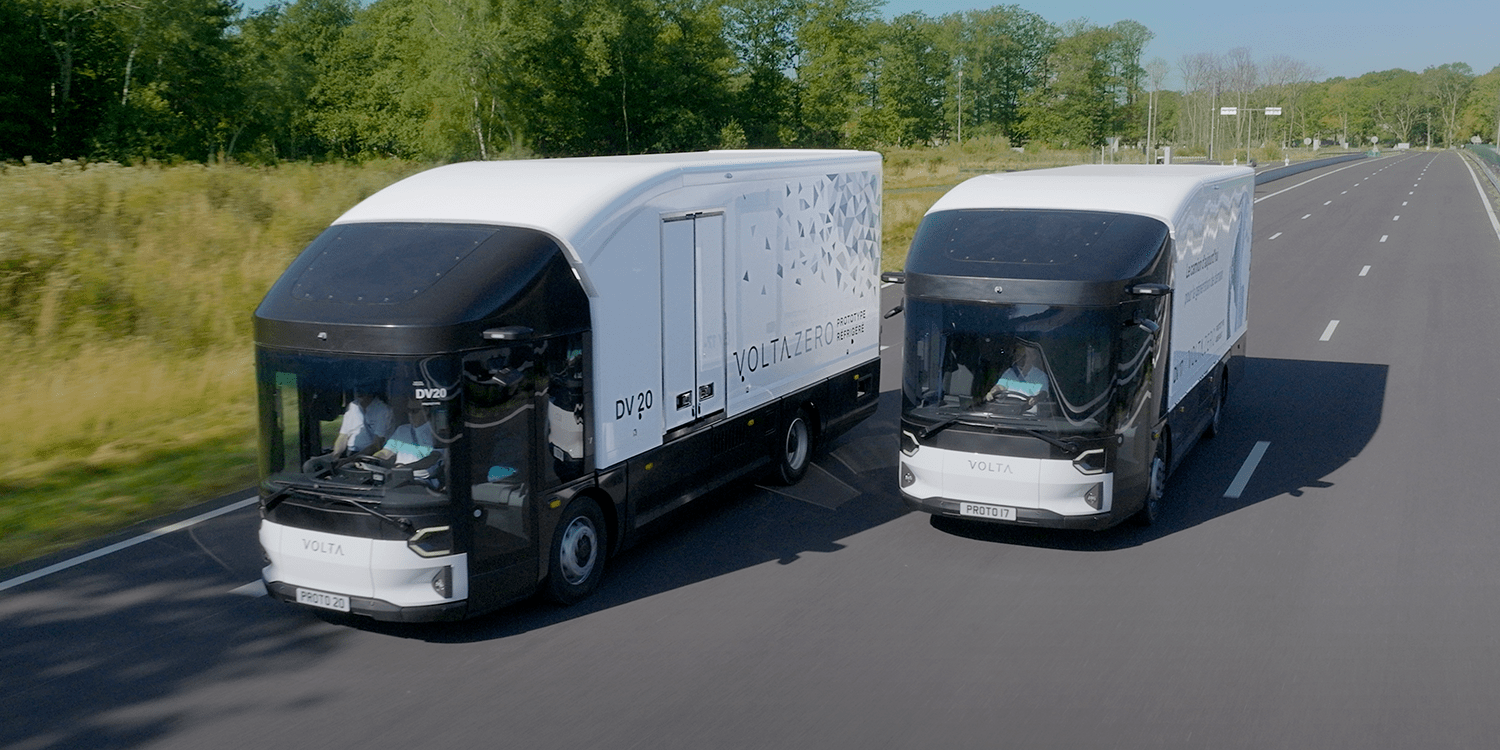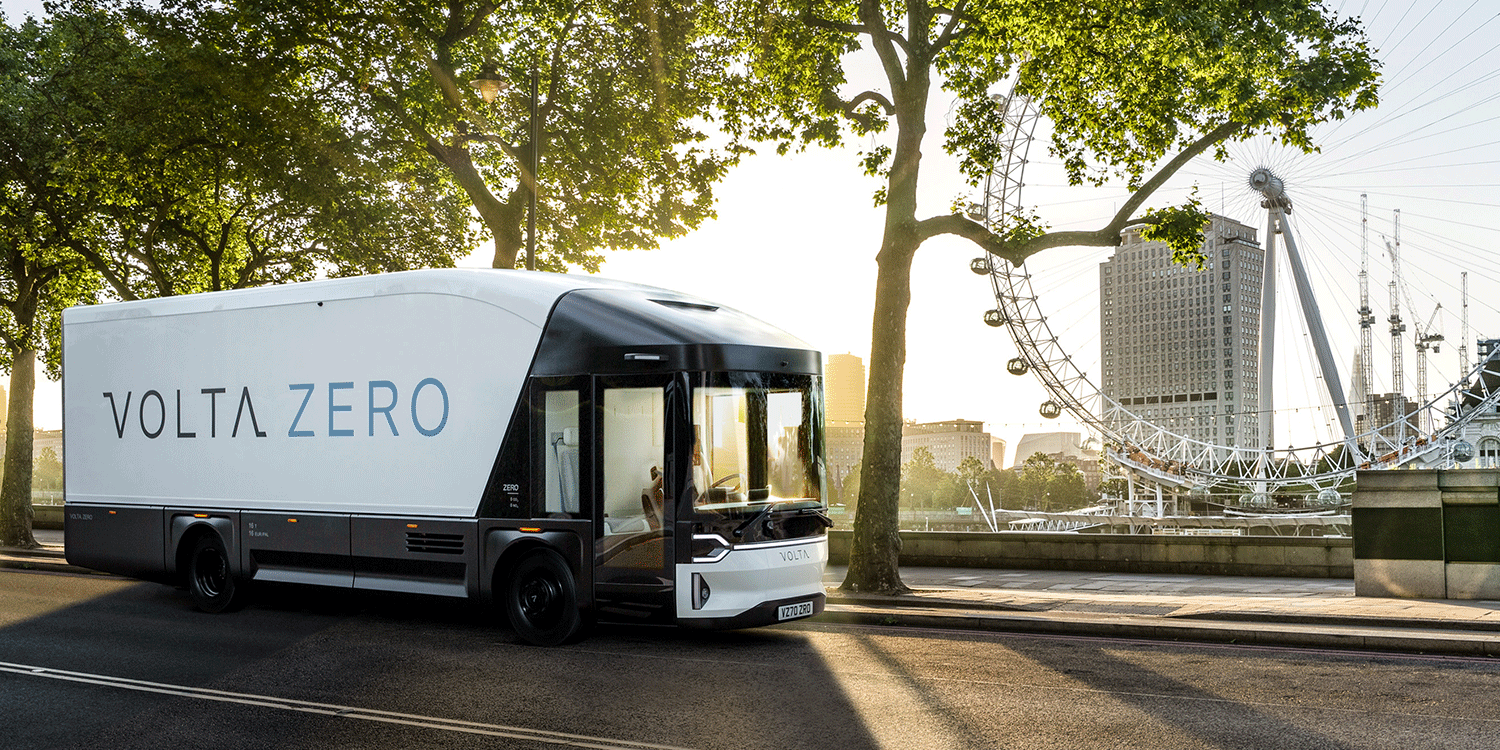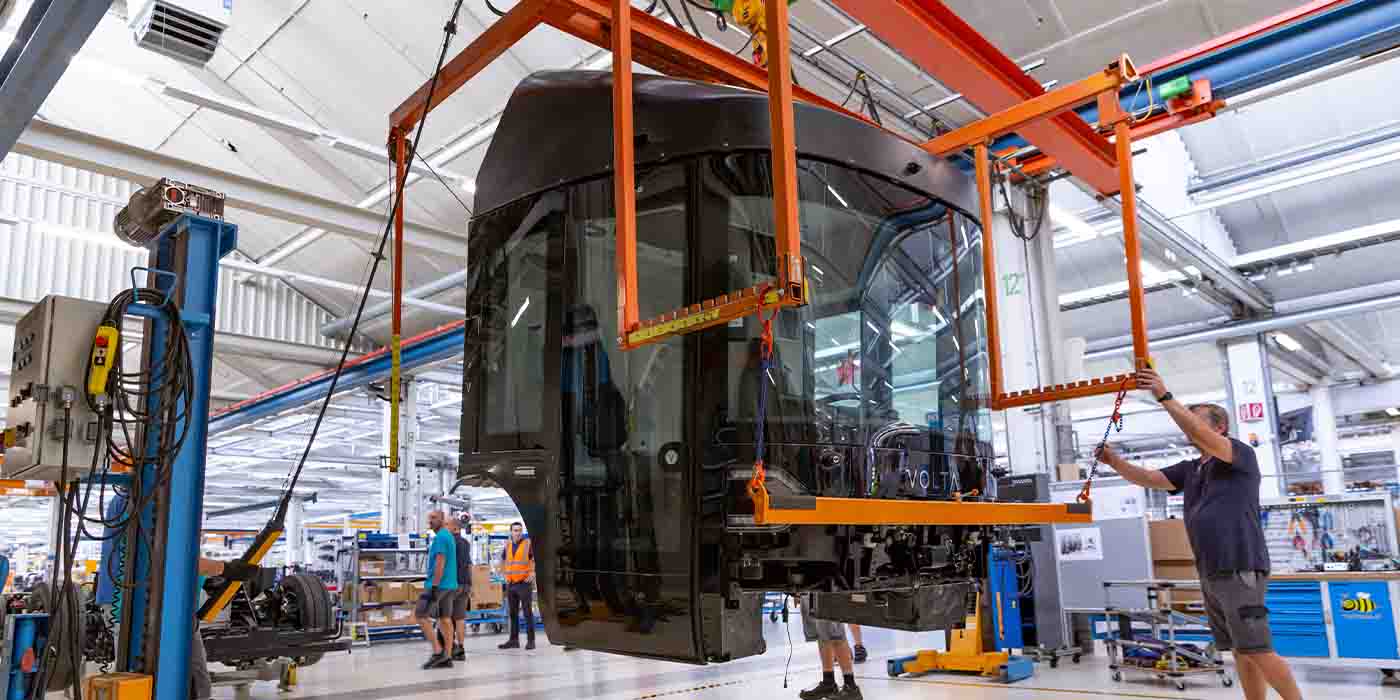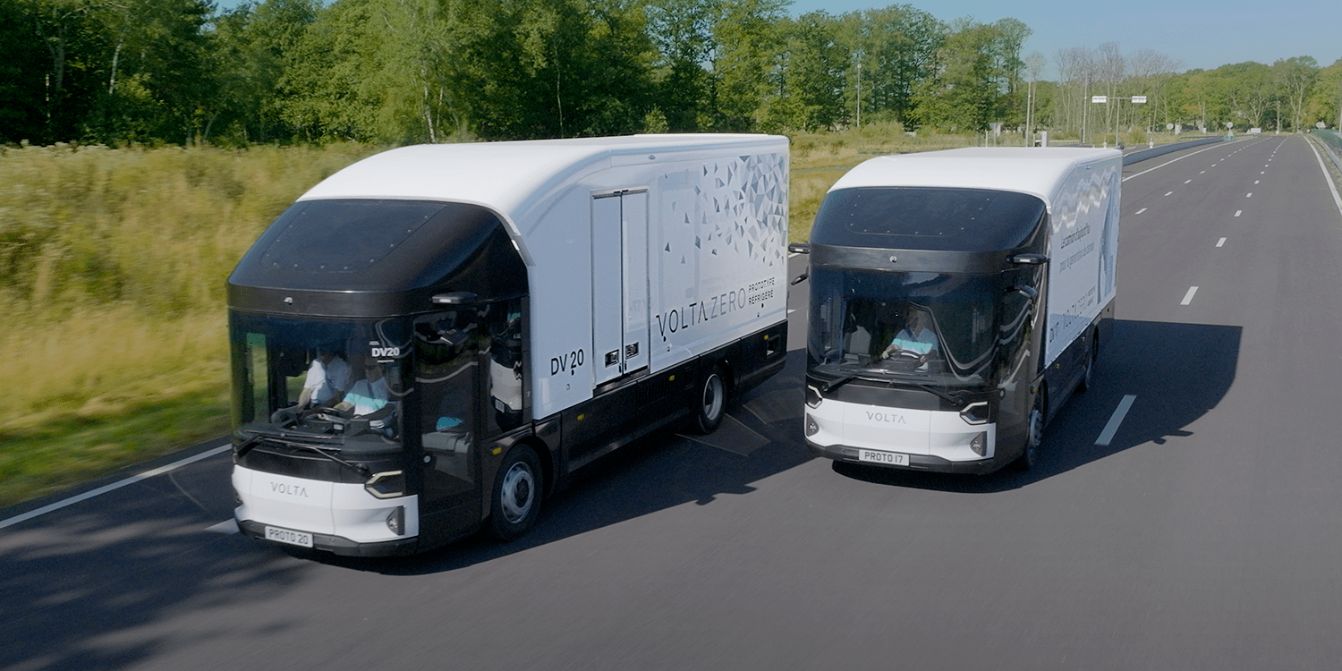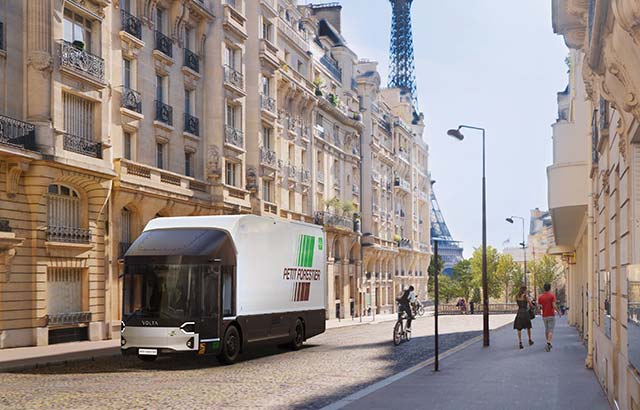Volta Trucks, a Swedish electric truck start-up, has announced its expansion into two new locations in Spain and Germany for its Truck-as-a-Service (TaaS) network. The company plans to use these hubs to offer comprehensive customer support, training, maintenance, and services for electric trucks in these markets. The locations are expected to open soon, but Volta did not provide exact dates.
The new facility in Duisburg, Germany, covers a 3,000m² area and includes eight maintenance and service bays, 12 external truck parking spaces, a showroom, office space, conference rooms, and the “Volta Trucks Academy” training facility. Meanwhile, the Spanish location covers an area of approximately 2,500m² and features eight truck parking spaces, four workshop bays, a showroom, and maintenance and servicing capabilities.
See also: Volta Trucks unveils two smaller electric truck for urban delivery
According to Casper Norden, Chief Fleet Solutions Officer at Volta Trucks, these hubs are a critical part of delivering the Truck-as-a-Service solution, joining other locations in Paris and London. TaaS helps customers and partners switch to an electric fleet by providing turnkey components in one package, delivering competitive total cost of ownership and vehicle uptime, and accelerating their switch to the all-electric Volta Zero.
Volta Trucks began production of the Volta Zero at Steyr, its production partner in Austria, in September 2022. However, only second-generation prototype vehicles have been built for product validation so far. These vehicles are technically close to the series models and are also used in the pilot fleet for real-life tests with customers. The company plans to start production of the first customer vehicles in the second quarter of 2023 and has already allocated the first 300 production slots.
See also:The Volta Zero electric truck is tested under extreme heat of up to 39 degrees Celsius
With its expansion into Spain and Germany, Volta Trucks is poised to accelerate the adoption of electric fleets in Europe, further supporting its commitment to sustainable transportation.

